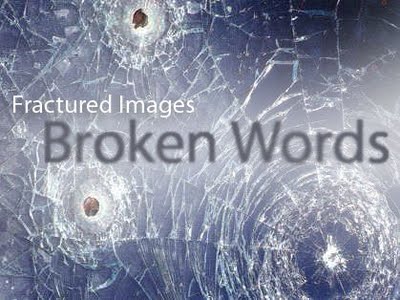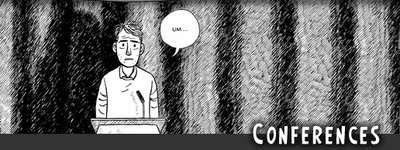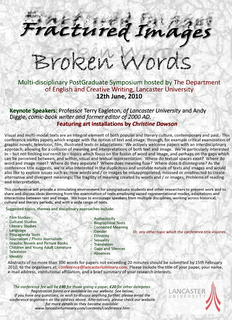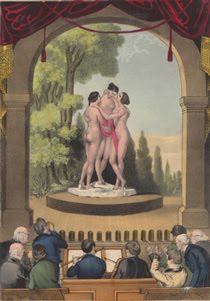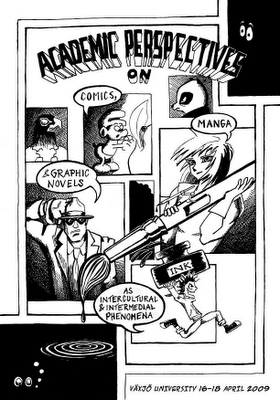CFP: "The Arts and the Public"; NEASA Conference (4/9; 10/1-3/10)
The Arts and the Public
New England American Studies Association
Annual Conference
Massachusetts Historical Society, Boston, MA
October 1-3, 2010
The New England American Studies Association welcomes proposals for its 2010 conference on "The Arts and the Public," to be held at the Massachusetts Historical Society, October, 1-3, 2010. Proposals for papers, panels, workshops, and other forms of presentation will be accepted at neasacouncil@gmail.com through April 9, 2010. Proposals are limited to 300 words. NEASA welcomes proposals from across the disciplines, from primary/secondary as well as higher ed, from artists as well as scholars, and from outside the academy as well as within. More information is available at www.neasa.org.
The relationship between the arts and the public has always been both contentious and celebrated in American life. From debates over the propriety of early American novels to present-day attacks on public-arts funding, from nineteenth-century responses to abolitionist literature to controversial post-9/11 representations of Muhammad, the link between the artistic and civic has long generated suspicion and argument. At the same time, the arts are frequently understood as an essential component of an education in democratic citizenship and have throughout the twentieth century been supported by the state. Indeed, the establishment and institutionalization of American Studies itselfowes a great deal to such state sponsorship. It is clear that the arts interpellate, just as they also help construct new publics - new collectivities based on race, gender, sexuality, and other orientations - that challenge dominant values of the public. The histories of social and identity movements are also the histories of art and aesthetics.
In inviting proposals for papers, panels, workshops, and presentations on this topic, NEASA conceives of "the arts" and "the public" very broadly. We welcome work on the visual, literary, print, (new) media, performance, photographic, musical, cinematic, plastic, fine, and popular arts, as well as material culture, industrial arts, kitsch, built environments, architecture, and folklore. We hope for papers and panels on public policy, public funding, Public History, Public Humanities, public art, public education, public sphere theory, and counterpublics. Papers may even challenge the very idea of "the arts" and "the public." Participants may address the topic historically, theoretically, politically. We are interested in the work of practitioners as well as scholars, of visual and performance artists as well as those who work with the arts in public institutions.
Additional fields and objects of engagement might include:
- Black Arts Movement
- Blacklists
- The New Deal and WPA
- Native-American arts
- Arts and the border
- Transnational arts
- Documentary
- Histories of public art
- Folk art and folklore
- Publication and circulation
- Privatization of publishing
- Free publishing
- New Media and the public sphere
- Popular music
- Copyright, patent, and intellectual property
- Open Source and open access
- Open universities
- Secondary Education and the Arts
- NEA
- Culture fronts
- Relational aesthetics
- Queer film, zines, poetry, fiction, performance . . .
- Art of the book
- Graphic novels
- Illustration
- Religious iconography
- On-line learning
- American Studies and the public
- The history of American Studies and other disciplines
- The crisis in the humanities
- Cultural tourism
- Art markets and criticism
- Private/public splits
- Questions of cultural identity and the public sphere
- Citizenship and the arts
- The neoliberal notion of culture
- Controversies and censorship
- Education and pedagogy
- Culture wars
- Public funding of the arts
- Sociology of literature and art
- The intersection of the aesthetic and the political
- Museum studies
- Democracy and the arts
www.neasa.org
Labels: academic, cfps, conferences, NEASA
